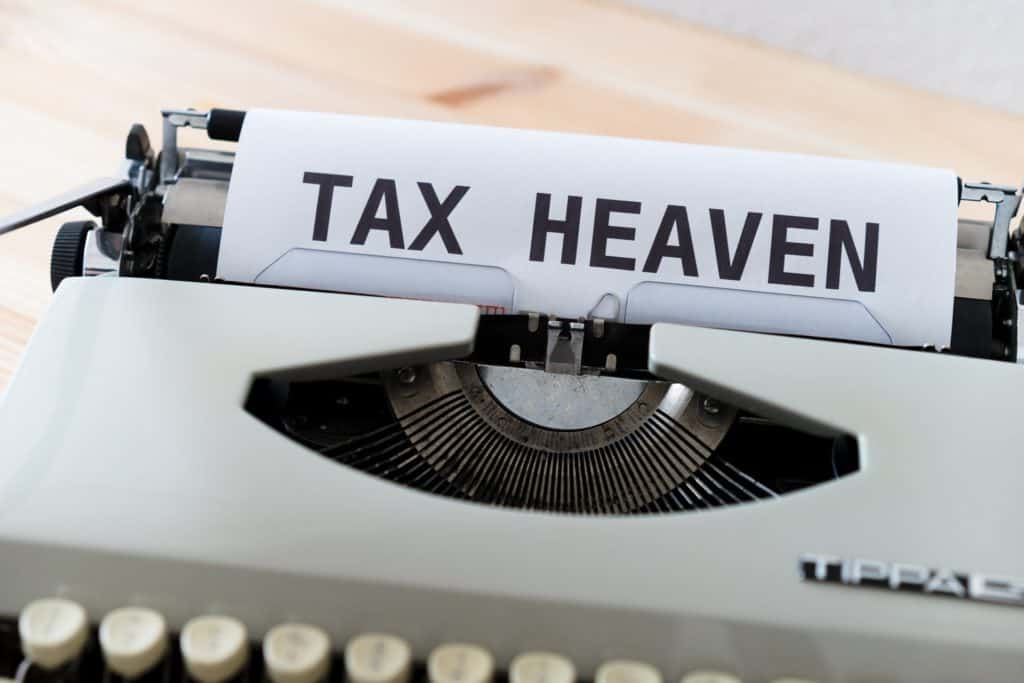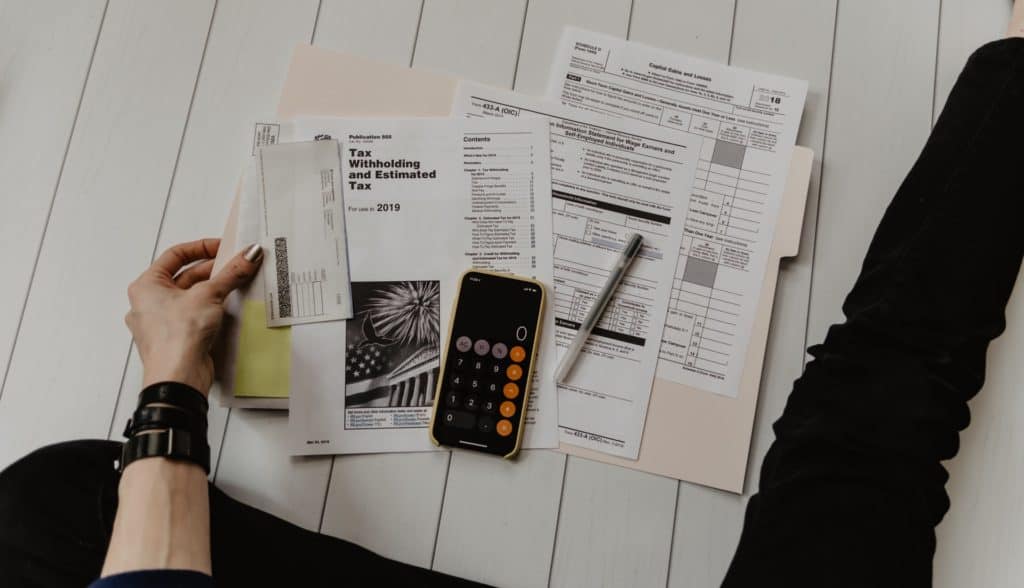8 Tips to Maximize Tax Deductibles for Freelancers
An aspect of our livelihood as adults that is often either misunderstood or not understood at all is taxes. This is so much of a fact that we hire specialists to take care of that piece of our lives so that we do not have to worry about it as much. A major aspect of taking care of your taxes is to make sure that you take into account all of your tax deductibles.
Tax deductibles, simply put, are expenses that can be subtracted from your adjusted gross income in order to reduce the total taxes owed. The goal is to find the best ways to maximize your tax deductibles based on your personal situation. For example, if you are a freelancer then there may be a lot of ways that you didn’t even know to get a tax break. Thus why in this article we will provide you with tips to boost your tax deductibles yourself.

Know The Tax Code
The legislators of our country, over the years, have written numerous lines into the tax code to soften the blow that the self-employed take on when conducting business on their own. There are many changes that have been made, some temporary (ending in 2025) while others are permanent. A review of the most common self-employed taxes and deductions is necessary to keep you up to date on any necessary changes to your estimated tax payments, whether you operate at a loss or a profit.
Persona
A platform that can help you as a freelancer in more than one way is Persona. The features it can provide to you and your business would normally cost a fortune just to download, not to mention include in-app purchases. However, Persona prides itself on being completely free and plans to stay completely free for the foreseeable future. A feature that can help you the most in comparison with this article is their tax optimization and automation. Through this feature, you can organize your tax deductibles, save money, and overall show tax season “who’s boss” all without having to harp over saving every receipt or calculating everything yourself. On top of this amazing tax feature you get access to online booking, invoicing & payments, business checking accounts, client management, and so much more.
Self Employment Tax Deduction
We’ll start with a tax deduction that all freelancers should be aware of but unfortunately aren’t the self-employment tax deduction. This consists of a required tax for Medicare and Social Security of 15.3%. In a normal working environment, where you would be the employee, you would share these taxes 50/50 with your employer. As a freelancer, you are now responsible for paying the entirety of that tax but the IRS allows you to take a deduction for the amount your employer would have paid in taxes.

Home Office Deduction
If you qualify as someone that is self-employed but also uses a part of your home as your office space for business, then this tax deduction is for you. Actually, if you rent a space you might still qualify as well. In order to claim this deduction, you have two options, the simplified option, and the regular method, but regardless of which you choose, there are two requirements you must meet.
Firstly, the IRS requires that you use that space you set for business exclusively for business purposes and nothing further. Also, it must be your principal place of business, meaning, you must host all meetings and complete all work in that setting. If you regularly utilize outside spaces for these activities then you will not qualify.
The simplified option can help you quickly discover your tax deduction. You would have to multiply your office’s total square feet by $5 (up to a maximum of 300 square feet). If your home is 300 square feet then you would be entitled to take a deduction of $1500 on your tax return.
The regular method is based on the amount of space your home office occupies in your home. First, divide your home office’s square footage by your home’s overall square footage. Then multiply the percentage you get by the sum of your home’s total allowable expenses to get the permissible deduction.
The home office deduction grants you the ability to claim home-related expenses like rent, mortgage interest, etc.
Credit Card/Loan Interest
If you made business purchases on your credit card you may be able to deduct the credit interest on your federal tax return, specifically. However, the catch is that the IRS has a standard for what qualifies as a credible purchase. The purchases you made have to be able to be proven that they were “ordinary and necessary” for business operation. For example, cell phone, internet, meals, salaries and wages, rent, utilities, and interest.
This same methodology applies to loans as well.

Business Mileage Deduction
The business mileage deduction is applicable to you only if you use your vehicle for work purposes such as going to meetings or making deliveries. Just as with the home office deduction there are two options when it comes to claiming mileage on your taxes, the standard mileage rate, and the actual expense method.
The standard mileage rate is a specific rate you can multiply against the business miles you drove during the year. For the year 2021, the standard mileage rate was 56 cents per mile. In order to claim this rate you have to be in ownership or leasing the car, operate five or fewer cards at one time, and you can’t claim depreciation on your car.
The actual expense method allows you to deduct the actual business costs to operate the car.
Whichever method you choose, it is imperative that you find a way to log your business mileage especially if you use the same vehicle for business and personal use. Record details such as dates, types of trips, gas, oil changes, licenses, registration fees, repairs, etc.
The best way to choose between these methods is to do both and see which will give you the biggest return.
Qualified Business Income Deduction
This business deduction allows for some freelancers to exclude up to 20% of their business income from federal taxes. As it stands currently, you may only qualify for this from 2017 through 2025 unless there are changes to the tax code upcoming. Also, you must be a sole proprietorship, partnership, or S-corporation.

Avoid Your Business Being Labeled A Hobby
You definitely want to avoid falling into a situation referred to as the “hobby trap” by tax professionals. This is when the IRS deems your business to be a hobby instead of a legitimate operation. The problem that lies within that is now you will have to report any income and can only deduct expenses up to the amount of income you made. Hobby income is not subject to self-employment tax, which otherwise would be 15.3% of your income from the operation. To be able to avoid this you want to do your best to turn a profit in three out of five consecutive years. Of course, that is easier said than done, but even if you do not do so you may still be looked upon as a “for-profit” business if you keep good records and operate in a businesslike manner.
The Form of Your Company
The form of your company also matters when filing taxes. Obviously, you must give your business the form that you feel it deserves or is necessary for you to flourish. However, we’d be remiss if we did not say that a sole proprietorship (also known as Schedule C) is recommended for the easiest process. Not only is it the simplest form but also there’s nothing to disband if you move on to something else. When forming a sole proprietorship, people tend to worry about their legal protection but you can get liability insurance and speak with lawyers.
Time Your Expenditures
If you buy business assets by December 31st, you can start depreciating them this tax year. You may even be able to take the Section 179 deduction and expense the entire cost of the asset in one year.
Business expenses are counted within the year you made the purchase, even in situations where you may not have finished completely paying for it due to a payment plan or using a credit card. Conversely, if you are using cash mostly then paying some bills can help you lower your tax bill this year.
Do not force yourself to buy inventory or supplies that will be a part of inventory before the end of the year unless absolutely necessary. You generally do not deduct the cost of inventory until you sell the product.